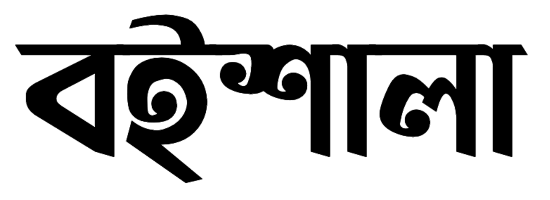‘Poverty and Famines’ Summary of the book
Amartya Sen advances the theory that lack of democracy and famines are interrelated; he cites the example of the Bengal famine of 1943, stating that it only occurred because of the lack of democracy in India under British rule. He further argues that the situation was aggravated by the British government’s suspension of trade in rice and grains among various Indian provinces.
Olivier Rubin’s review of the evidence disagrees with Sen; after examining the cases of post-Independence India, Niger, and Malawi, he finds that “democracy is no panacea against famine.” Rubin’s analysis questions whether democracy and a free press were sufficient to truly avert famine in 1967 and 1972 (the Maharashtra famine involved some 130,000 deaths), and notes that some dynamics of electoral democracy complicate rather than bring about famine relief efforts. Rubin does not address colonial period famines.
On the other hand, Andrew Banik’s study Starvation and India’s democracy affirms Sen’s thesis, but indicates that while democracy has been able to prevent famines in India, it has not been sufficient to avoid severe under-nutrition and starvation deaths, which Banik calls a ‘silent emergency’ in the country.
According to a FEWSNET report, “Famines are not natural phenomena, they are catastrophic political failures.”
